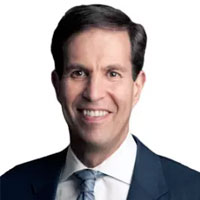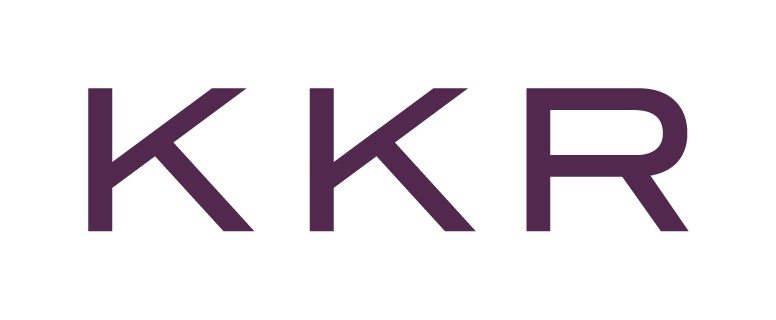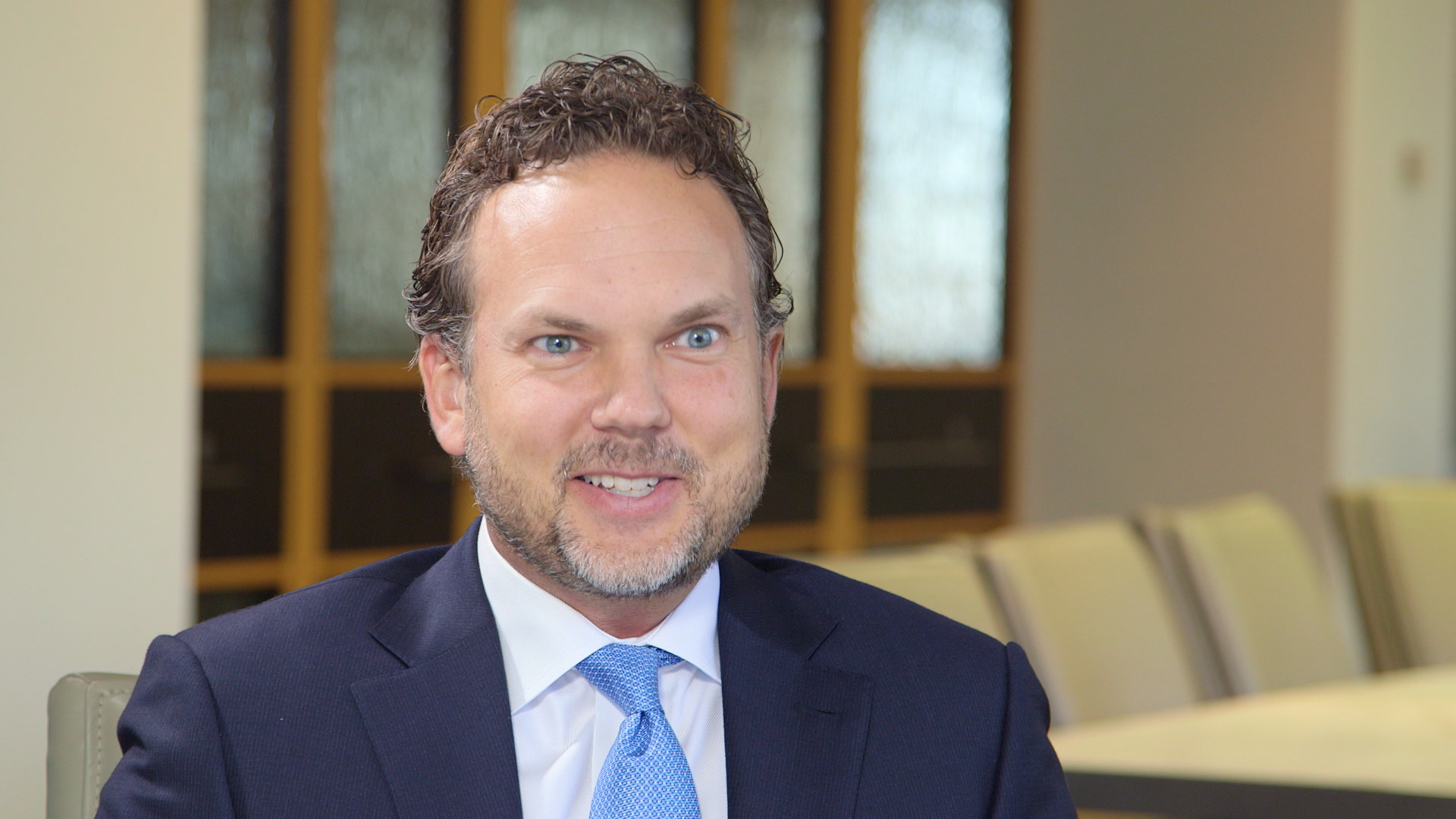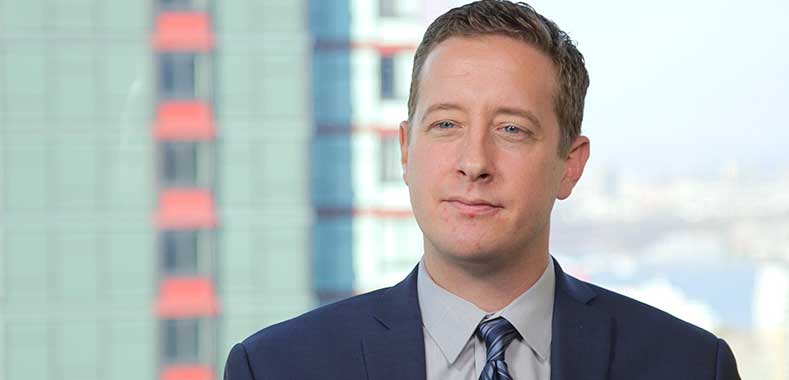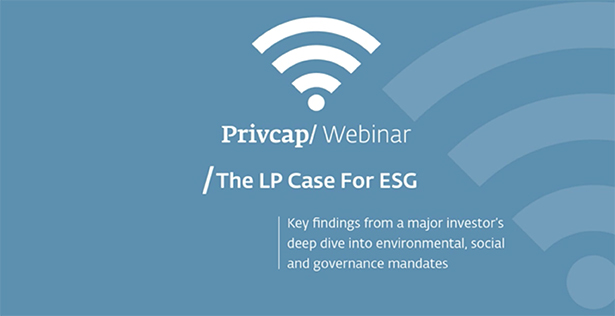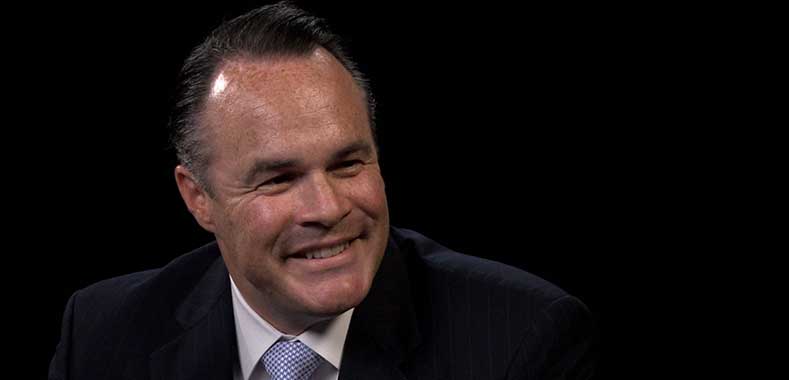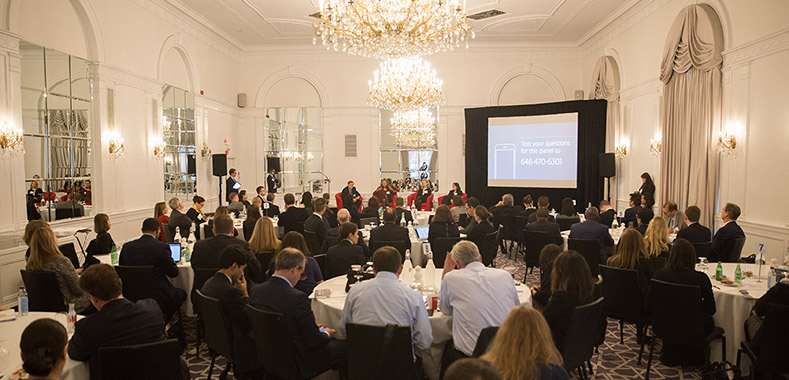The Rise of ESG at KKR
In a keynote interview with Georges Dyer of the Intentional Endowments Network, and Ken Mehlman, the head of public affairs at KKR—also a veteran of the political scene—discuss the motivations behind KKR’s embrace of ESG as a tool for value creation
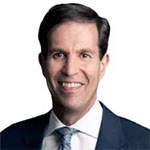
When Ken Mehlman joined KKR in 2008, he felt that the private equity giant could be a better investor if it better understood the broader impact of its investments.
That feeling evolved into KKR’s growing emphasis on ESG—environmental, social and governance—issues in its investment process. “It was always something that was done, but it was done in a way I would describe as kind of a cottage industry way,” says Mehlman, whose career has included stints as Republican National Committee chairman and manager of George W. Bush’s 2004 election campaign. “And our job was to take and build a systematic approach that could become essentially part of the KKR DNA.”

Part of the solution involved placing ESG-related responsibilities within investment committees, Mehlman says, rather than as a separate function. “It’s so important because, in my judgment, the risk is this can become just PR, greenwashing,” he explains. “And the other risk is that it’s something that someone views as someone else’s job.” In practice, the structure leads to accountability for not only the person on the investment committee responsible for ESG, but also for the person who sourced the investment.
KKR’s ESG strategy also involves being public and “explicit”, says Mehlman. “If you’re serious about something, you should talk about it and you should challenge yourself to constantly improve how you do it.”
When searching for strong financial performance and while mitigating non-financial risk, KKR’s approach varies based on geography and industry. For instance, cybersecurity and sourcing are especially in the retail industry, where there are often very long supply chains that include factories and operations in developing and emerging markets, he says. The firm also evaluates its “license to operate,” says Mehlman. “Do you understand the countries where you’re operating? Are you welcome in those countries? Is the company welcome?”
Paying attention to the diversity of a company’s employees is also crucial. “If you want to recruit the best people and you walk into the room and they all look like you and me, a lot of folks are going to say, ‘I don’t want to work there. What’s going on there?’”
A critical part of KKR’s approach to ESG is by doing “solutions investing” versus “impact investing.” Mehlman differentiates the two by using the example of the scandal in China where milk and infant formula, along with other products, were tainted with melamine. A KKR team in China saw an opportunity to not only help solve the problem of food safety risk and also build a business. They partnered with a local Chinese entrepreneur, acquired a large number of dairies, and built a business that offered the same kinds of public health protections found in the U.S.
With several other large private equity firms allocating more manpower and thought to ESG in their investments, Mehlman says that KKR hopes the firms can continue to learn from one another. “We’ve all constantly worked to improve [ESG].”
